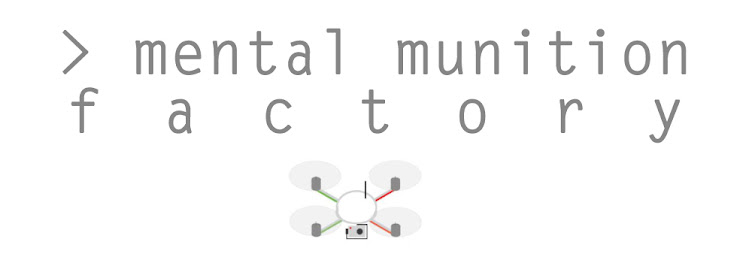 Shot of the newly-renovated KETC newsroom in St. Louis, Missouri. The building houses the St. Louis public television broadcaster, as well as the nonprofit online news organization the St. Louis Beacon. Photo from MagneticNorth.
Shot of the newly-renovated KETC newsroom in St. Louis, Missouri. The building houses the St. Louis public television broadcaster, as well as the nonprofit online news organization the St. Louis Beacon. Photo from MagneticNorth.You can’t mention a “model” for funding journalism without a can of mace these days. Mention the word, and you instantly become fodder for journalists, media tycoons, college professors, bloggers, SEO con artists and pretty much anyone with enough fingers to tweet.
Lately, the targets have been the newly-erected paywall at the New York Times and Rupert Murdoch’s iPad-exclusive app, The Daily. With the former, some suspect potential customers will be baffled and irked. With the latter, critics say Apple’s exorbitant fees and News Corp's cumbersome implementation may ultimately doom the enterprise. Other critics say both will fail long-term because they are dependent on closed, vertically-integrated systems that create artificial scarcity that simply does not exist in the rest of the digital world; and it only takes a short hop over the paywall or app store to find freer, greener pastures.
But before the Times and the Daily were whipping boys, nonprofit newsrooms were a popular whipping boy. MinnPost, the Voice of San Diego and ProPublica were the first of these newsrooms to garner nationwide attention. Some praised these operations for filling an enormous gap of coverage that commercial media left open, while others questioned whether it was wise to rely on handouts from a handful of wealthy donors to sustain journalism.
While the long-term prospects of those newsrooms remain to be seen, but they are still alive, vibrant, and producing journalism.
One of the lesser-known nonprofit newsrooms is the St. Louis Beacon. I recently had the opportunity to interview several people from that online news organization, including its founder.
